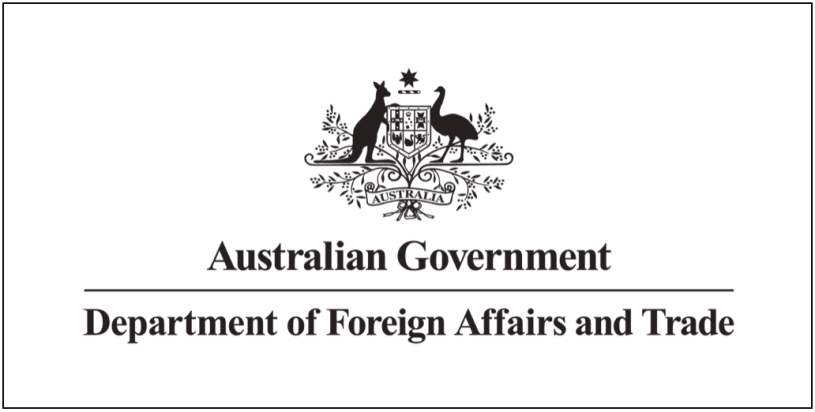Andrew Clennell, host: Well, it’s been a very busy parliamentary sitting fortnight, particularly for Foreign Minister Penny Wong. She’s held talks with her Chinese counterpart, Wang Yi, been subject to criticism on her performance from former Prime Minister Paul Keating, who then appeared to backtrack, and of course she’s had to deal with that immigration issue. I sat down with the Foreign Minister, Penny Wong, earlier.
Foreign Minister Penny Wong, thanks for your time.
Penny Wong, Foreign Minister: Good to be with you.
…
Clennell: Minister, once again this week, just a week after the visit with the Chinese Foreign Minister, you found yourself putting out a statement complaining about the Chinese Government, this time on cyber-attacks on the UK. Is it difficult to play nice with your Chinese counterpart when this sort of thing’s going on?
Foreign Minister: This is the nature of the job I have, and the nature of the relationship with China. It’s what I try to encapsulate with the ‘cooperate where we can, disagree where we must and engage in the national interest’. I mean we’re not going to agree on everything with China, just as we don’t agree on everything with, you know, other countries, so it doesn’t mean you don’t engage, you don’t try and find areas of cooperation, and you speak when you believe it’s necessary and in the national interest.
Clennell: What’s been behind the decision of the Chinese Government to lift these wine tariffs? It’s taken some time. You’ve been involved in a lot of diplomatic efforts on this.
Foreign Minister: When we came to government, I think it was around $20 billion of impediments, effective impediments on Australian exports to China, and over time we progressively worked to try and negotiate the removal of all of those impediments. We’ve come a long way. I think with wine it would be about $19 billion per annum in 2019 terms, approximately.
We’ve still got a way to go. We’ve got lobster, red meat establishments. We have said, in addition to the actions taken in the World Trade Organization, we simply keep engaging with the Chinese and saying it’s in their interests for these trade impediments to be lifted. We have continued to advocate for that.
I raised again with Foreign Minister Wang Yi when he was here just in the last week, the importance of removal of all impediments, and predictability of trade being a good thing for stability and for economic growth for everybody.
Clennell: Do you see the prospect Yang Hengjun could be released, or do we have to accept he’ll be in jail for a long time? Obviously that’s another issue you’ve raised.
Foreign Minister: That’s extremely distressing for, certainly for his family, but for so many Australians. You would have heard what I said after my meeting with the Foreign Minister of China about Dr Yang. It reflected what I said in the meeting: we will continue to advocate for him; we will continue to express our view about the sentence which was imposed, and we will continue to provide Dr Yang with all consular assistance. We’re not going to cease our public and private advocacy for this Australian citizen.
…
Clennell: And I wanted to ask you about Paul Keating’s behaviour while Wang Yi was here. He criticised you during ASEAN, then appeared to praise you. Has he had any conversations with you at all over this period, over the last month or so?
Foreign Minister: Well, I don’t – wouldn’t discuss any private engagements with anybody, as you would anticipate. Look, Foreign Minister Wang Yi meets with former leaders in countries which he visits; that’s a matter for the Chinese. Mr Keating’s obviously a respected former Prime Minister, and it’s a matter for them if they choose to meet. I simply made the point: the government speaks for the government and for the country.
###
Source: Australian Department of Foreign Affairs and Trade
Speaker: Senator the Hon. Penny Wong, Minister for Foreign Affairs
Format: Interview

